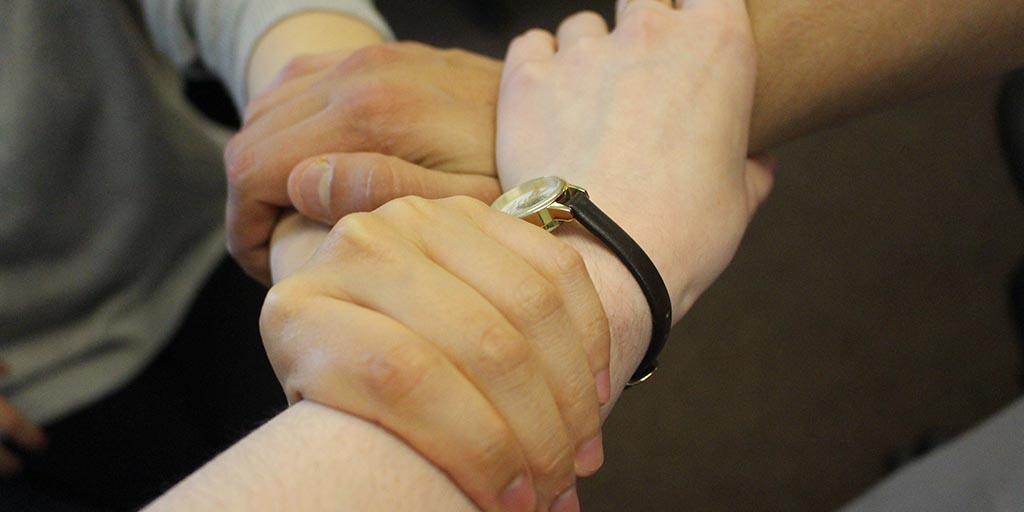Ontario passes bills for a better tomorrow
 CREDIT: MELISSA NOVACASKA
CREDIT: MELISSA NOVACASKAThe government of Ontario passed two bills to help the future of Canada's diversity as well as its youth population.
Michael Coteau, Minister of Children and Youth Services and the Minister Responsible for Anti-Racism, successfully had two legislations passed on June 1st that will create a better future for all children, youth and people of colour.
Titled the Child, Youth and Family Services Act and the Anti-Racism Act, 2017 respectively, the bills serve to aid the government of Ontario and their overall plan to “create jobs, grow our economy and help people in their everyday lives,” according to a provincial press release.
The Child, Youth and Family Services Act also known as Bill 89 involves putting a greater focus on children and youth in at risk and vulnerable situations by increasing the quality of services and resources available to further strengthen their opportunities of better welfare.
From the government of Ontario press release, such measures include:
- Raising the age of protection from 16 to 18 to increase protection services for vulnerable youth in unsafe living conditions, to support their education and to reduce homelessness and human trafficking.
- Making services more inclusive and culturally appropriate for all children and youth, including indigenous and black children and youth, to ensure every child receives the best possible support.
- Improving accountability and oversight of service providers, including children's aid societies and licensed residential service providers, so that children and youth receive safe, consistent and high-quality services across the province.
“It upholds the goals of Katelynn’s Principle [Act] by saying that every child has the right to be heard and respected and they should be at the centre of all those decisions that have been made,” Coteau said.
Katelynn’s Principle is used in making a decision affecting children.
Coteau also discussed the Anti-Racism Act 2017 also titled Bill 114, whose goal is to identify and challenge systematic racism found throughout the community, more in specific policies, programs and services with the hopes of attaining an equal opportunity environment for every citizen in Ontario, according to another government of Ontario press release.
Referencing the press release, the legislation addresses the following:
- Requires the continuation and regular review of a multi-year anti-racism strategy, ensuring the sustainability and accountability of the government's anti-racism work
- Enables the government to implement race data collection and an anti-racism impact assessment tool, to help identify, remedy or prevent inequitable racial impacts of policies and programs.
“We’ve committed to an awareness campaign across the province to teach people about the negative impacts of racism. We’ve also built tools that organizations can use to analyze their organizations to figure out if systemic racism plays a role in policy decisions and just the makeup of that organization,” Coteau said. “This allows for organizations to better understand who they are, what they’re about and what changes they need to put in place to build a better organization to serve the public.”
Coteau closed by stressing the importance of ensuring all voices from different backgrounds and walks of life in Ontario are heard with equal importance.
“I’d like to reach a place where people are exposed to the positive side of diversity, where people understand that if we’re going to position ourselves in this global economy as an economic powerhouse jurisdiction and we’re going to continue and we’re going to see the economic growth in this part of Canada. People need to realize we need to do this together. Our diversity is one of our greatest assets,” Coteau said.














